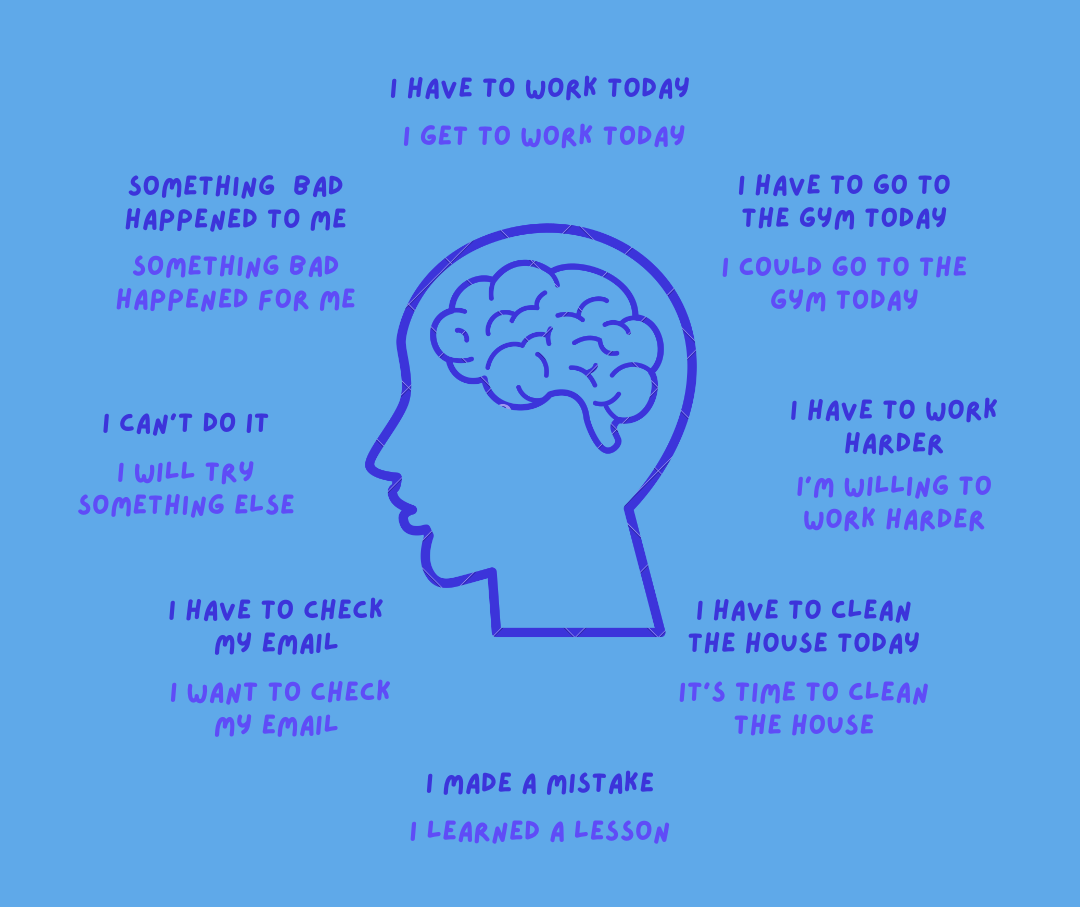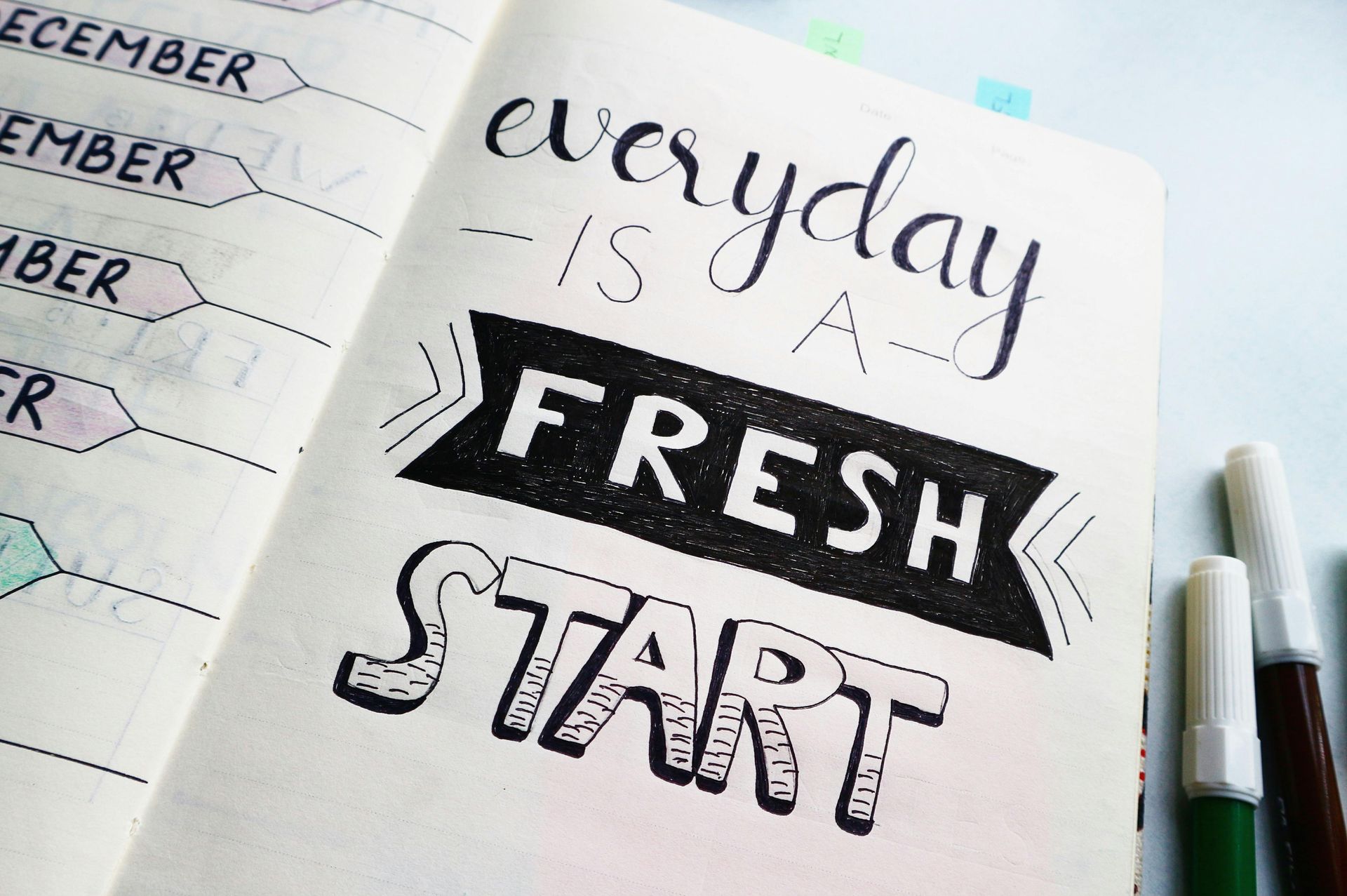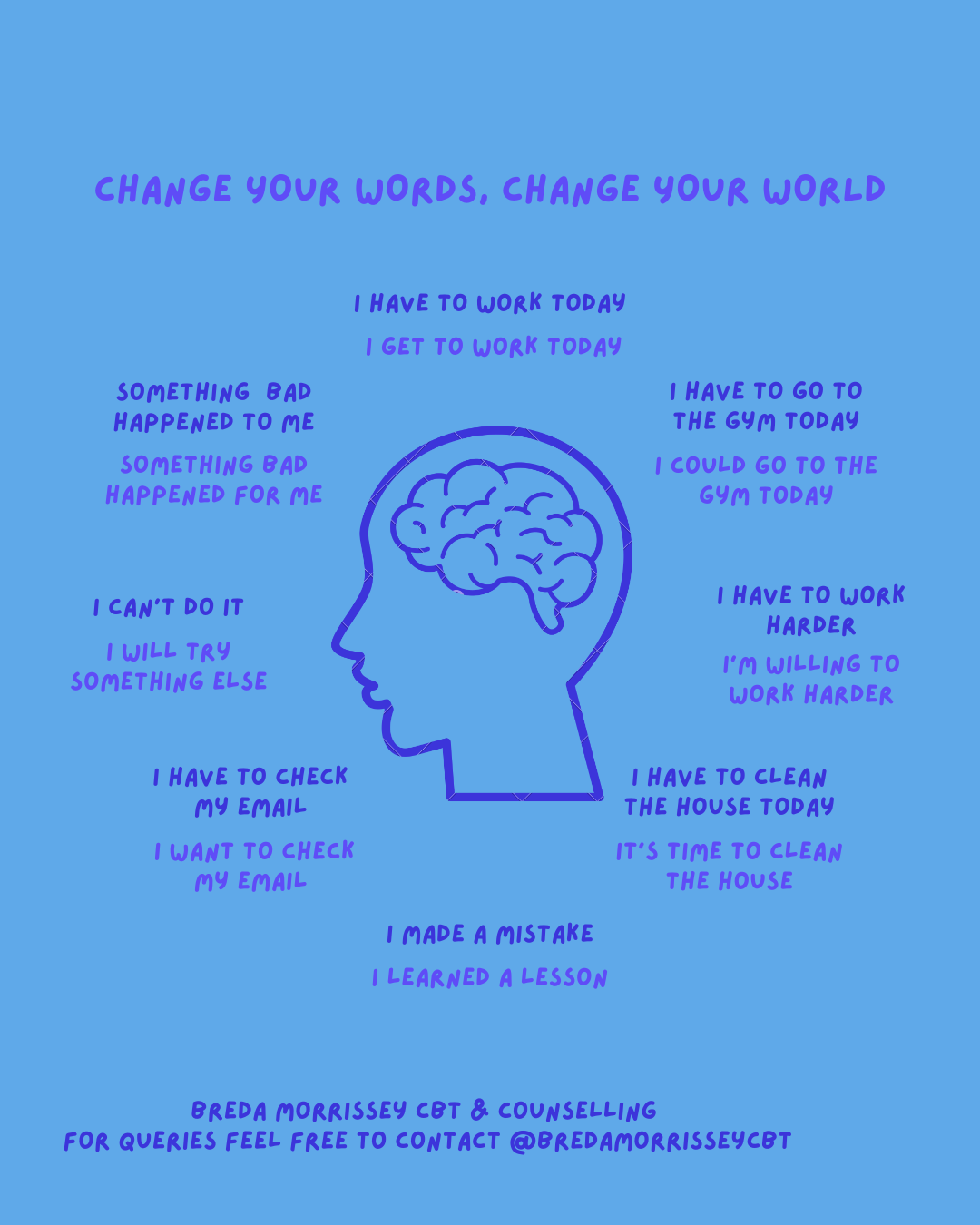What happens when we overthink
Find out below & learn some techniques

When we overthink, our minds become trapped in a loop of excessive analysis and worry. This can lead to several mental, emotional, and even physical consequences, including:
- Increased anxiety and stress – Constantly ruminating on "what ifs" and worst-case scenarios can make you feel overwhelmed and tense.
- Paralysis by analysis – You may struggle to make decisions or take action because you're too focused on weighing every possibility.
- Sleep disturbances – Overthinking often leads to racing thoughts, especially at night, making it harder to fall or stay asleep.
- Reduced productivity – Time and energy are drained by overanalysing rather than doing.
- Negative self-talk – Overthinking can amplify self-doubt, guilt, or regret, often creating a distorted perception of reality.
- Relationship strain – Constantly rehashing conversations or worrying about others' opinions can create distance or misunderstandings.
Essentially, overthinking traps you in your head and keeps you from being fully present or confident in your actions.
1. Name the Thought
Label it: “That’s a worry thought,” or “That’s my inner critic talking.” Naming gives you distance and awareness.
2. Set a Worry Timer
Give yourself 10–15 minutes to worry intentionally. When the timer ends, gently bring your focus back to the present.
3. Ground in the Present
Use your senses:
👣 Feel your feet on the floor
🖐️ Hold something cold
🌬️ Take 4 slow breaths
Small shifts. Real impact.
You don’t have to stay stuck in your head.
📍Breda Morrissey CBT & Counselling | Compassionate, evidence-based therapy in a safe space
#OverthinkingHelp #CBTTips #MentalWellness #BredaMorrisseyCBT #AnxietySupport #TherapyTools











